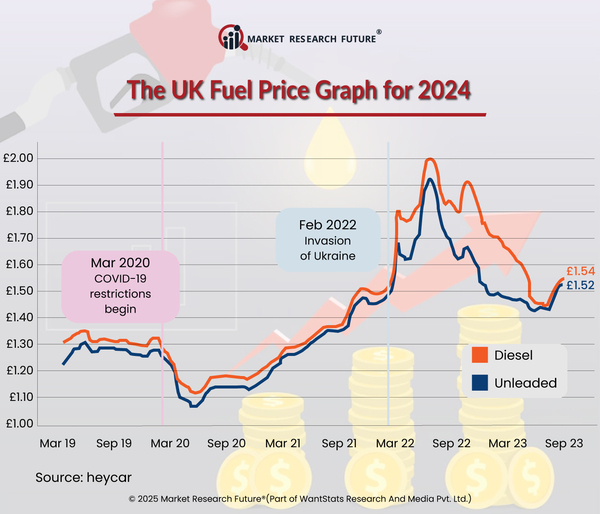
Artificial Sweeteners: Risk of Cancer and Other Noncommunicable Diseases
By Rahul Gotadki , 14 July, 2023
Artificial sweeteners are gaining more popularity due to their low sugar content, around 200 to 20,000 times less than regular table sugar. But the non-sugar sweeteners (NSS) taste the same sweeter with a tiny amount of usage. Since the NSS is used in smaller amounts, it accounts for negligible calorie count and is thus regarded as nonnutritive. The global market for artificial sweeteners in 2023 is USD 1644.5 million.
Recent studies have found that a chemical compound produced after consuming a sweetener named Splenda is responsible for DNA damage in human beings. This shows the limitations of the less calorie content artificial sweeteners that support the idea of keeping noncommunicable diseases and obesity in check. The U.S. Census data and Simmons National Consumer Survey (NHCS) data show that Splenda is widely used among adults in the United States as a substitute for sugar. Since American Heart Association recommends that not more than 25 and 36 grams of sugar be taken by women and men, respectively, the usage of artificial sweeteners have become a popular culture, reasoning health benefit with fewer calories.According to the National Institute of Cancer, epidemiologic studies alone cannot prove cancer-causing or DNA-threatening elements in artificial sweeteners.
But as per, the findings of a 2022 study found cancer incidence in more than 102,000 French adults under a 24-hour dietary observation that covered all the commercial food products they consumed. Median research also suggests that people consuming artificial sweeteners are more prone to cancer than those who don't consume NSS. Consuming a higher amount of NSS can lead to cancer 1.13 times. Obesity causes more than 13 types of cancer; some studies have found NSS are linked to causing obesity. Therefore, higher chances are associated with NSS or artificial sweeteners causing noncommunicable diseases like cancer.
Total Contribution of AI Sweeteners From Different Food Group
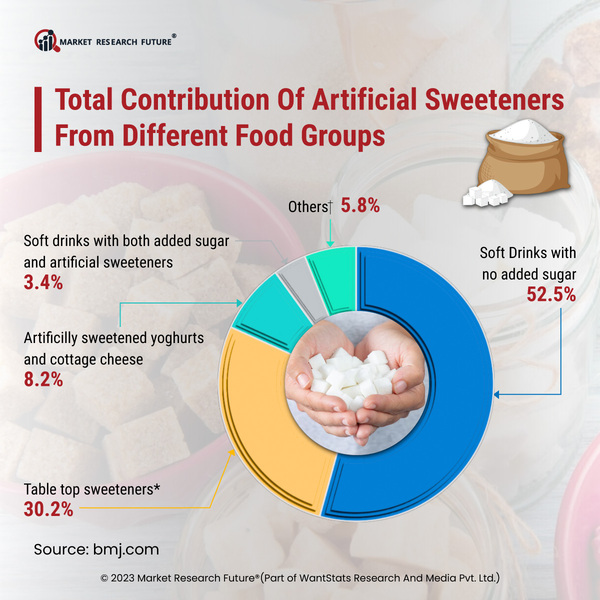
Latest News

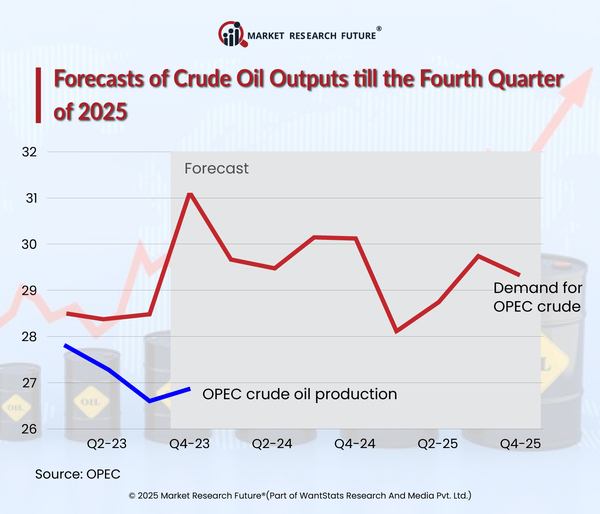
Asia has retained the position as the top oil importer in 2025, and continues to maintain that critical position in the energy sector that the world relies on. China has retained its top spot as the most prominent crude oil importer since 2013. The…
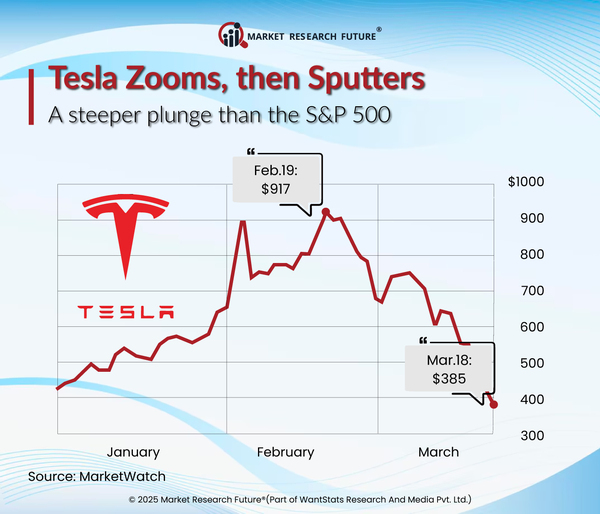
Once the clear leader in the electric vehicle (EV) sector, Tesla's European market is expected to be drastically declining in 2025. Although CEO Elon Musk is still divisive in the United States, recent registration numbers show a bleak image of…
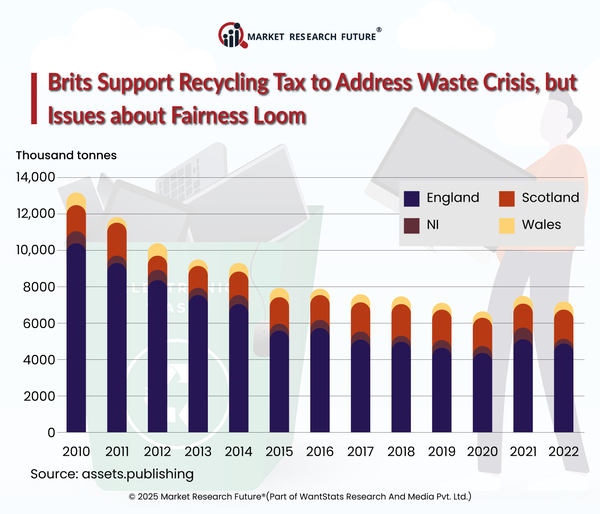
In 2025, the UK government unveiled many essential policies to address the growing trash situation, including a new plastic packaging tax and a landfill fee rise to lessen dependency on landfills. Studies show that over half of Britons support taxes…
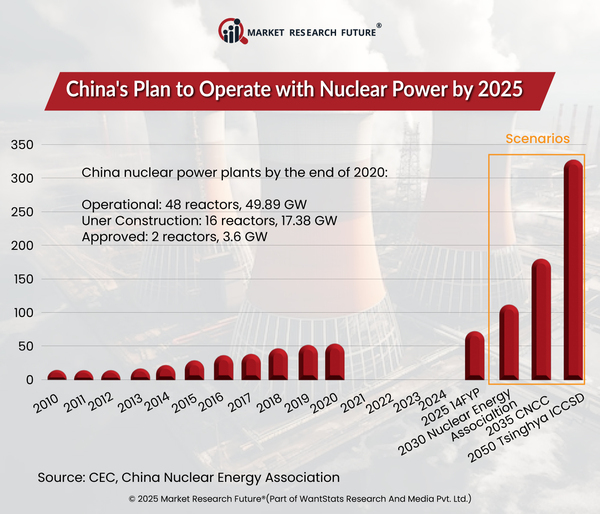
Nuclear energy capacity is growing significantly from the beginning of 2025. It is due to increasing concerns over climate change, and energy security amidst fluctuating fuel prices followed by net-zero targets set up by nations globally. Further…

Assistant Manager
Latest News













